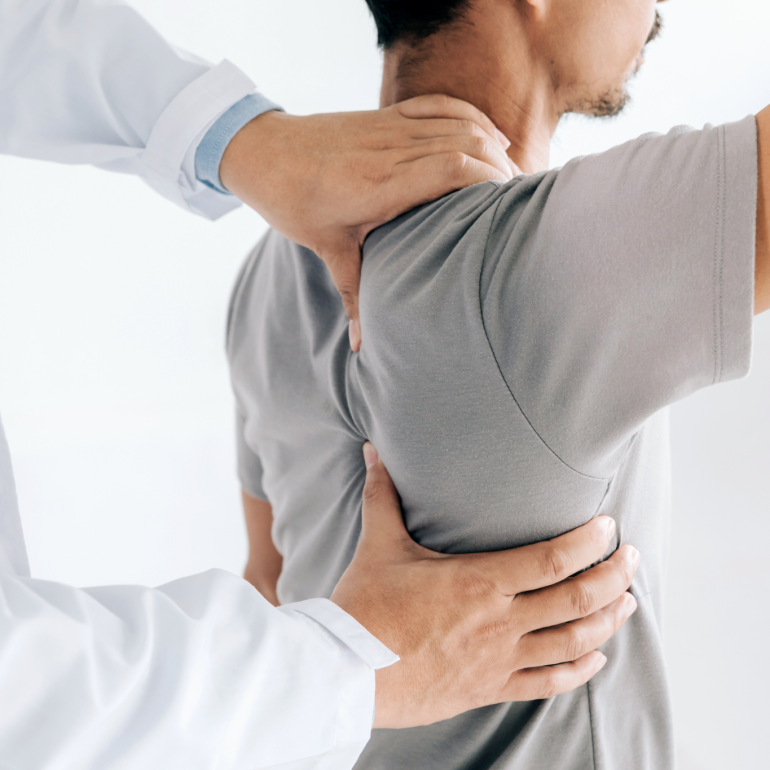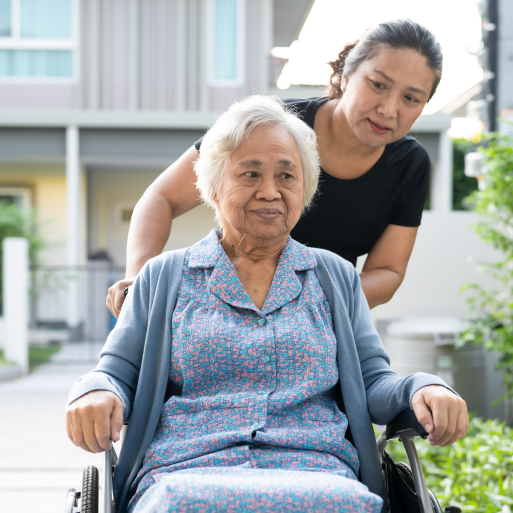Caregiving involves physically demanding tasks that often lead to joint strain and discomfort. Our survey highlights the following:
These repetitive movements, such as lifting, bending and assisting with daily activities, put immense strain on carers’ joints, increasing the risk of conditions like arthritis or chronic inflammation3.
In addition to the physical strain, caregivers face significant emotional stress:
• Mental Health: 46% of carers report feeling mentally depleted due to the emotional
demands of caregiving.
• Self-Care Neglect: Nearly half (49%) can’t recall when they last practised self-care,
indicating a tendency to neglect their own needs.
• Emotional Strain: 13% rely on mental health support services to manage the
emotional burden.
Caregivers often prioritise others' needs over their own, leading to feelings of guilt, isolation
and burnout, which can further exacerbate the physical challanges they face.
At GOPO® Joint Health, we advocate for a holistic approach to caregiving. Here are key recommendations to help carers manage both their physical and emotional well-being:
Support Physical Health
Address Mental and Emotional Health
Advocate for Self-Care and Prioritising Health
Caregiving has a profound impact on both joint health and overall well-being, yet this often goes unrecognised. At GOPO® Joint Health, we are committed to supporting carers with effective solutions for managing joint pain. By focusing on both physical and emotional health, healthcare providers can help carers maintain their health and resilience, enabling them to continue providing care without compromising their own quality of life.
1 The Kings Fund. 2024. What are unpaid carers, who are they and how often do they provide care? Available at: https://www.kingsfund.org.uk/insight-and-analysis/data-and-charts/unpaid-carers-nutshell.
2 Carers UK. 2023. Annual Report 2022-2023. Available at: https://www.carersuk.org/media/ynfpnjwk/carers-uk-annual-report-2223.
3 Zeng, P. et al. (2017) Physical workload is associated with increased risk of rheumatoid arthritis: Results from a Swedish population-based case-control study, RMD open. Available at: https://pmc.ncbi.nlm.nih.gov/articles/PMC5353304.
4 Christensen R et al. Does the hip powder of Rose canina (rosehip) reduce pain in osteoarthritis patients? – a meta-analysis of randomised controlled trials, Osteoarthritis Cartilage (2008).
5 Schwager J, Richard N, Wolfram S. Anti-inflammatory and chondro-protective effects of rosehip powder and its constituent galactolipids GOPO Poster presentation at the World Congress of Osteoarthritis (OARSI) 2008.
6 Winther, K et al. “A powder made from seeds and shells of a rose-hip subspecies (Rosa canina) reduces symptoms of knee and hip osteoarthritis: a randomized, double-blind, placebo-controlled clinical trial.” Scandinavian journal of rheumatology vol. 34,4 (2005).

